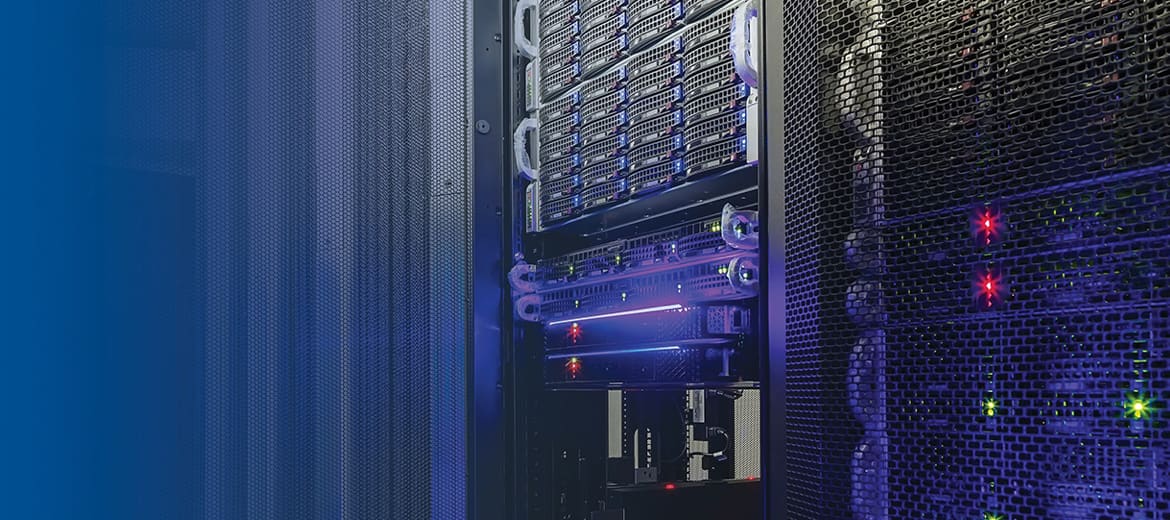With electricity usage of around 35 MWhs a year, 600 employees and data centres around Australia requiring absolutely reliable power, Interactive, Australia’s largest privately owned IT company has joined the ranks of RE100 and pledged to source 100% of its energy from renewable sources by 2025.
“The initial summary we received was that we could do this by 2030, but the exec team thought about it and asked, ‘Could we do it faster?’” says Darren Reid, Director of Marketing and Alliances at Interactive. “It’s a matter of time and money, but for us, doing it five years earlier showed a really serious commitment, not only to our people, but to our customers.”
John Dee, the Australian Coordinator for RE100, who helped Interactive with its decision to join the 230 major companies globally that are leading the way on corporate climate action, told pv magazine, “That’s an ambitious timeline for making the switch,” and it “establishes a positive role model for other companies to follow.”
Interactive has been a conscientious corporate citizen in its charitable partnerships and initiatives, but it was the arrival of Mal McHutchison as CEO three years ago that turned up the heat on its environmental sustainability.
McHutchison came from a role as Head of Asset Management at Macquarie Capital, where environmental sustainability was one of the key criteria for investment in companies.
Not long after McHutchison arrived, Interactive started working to define its corporate purpose, which became “Keeping technology human”. “We are already very human in the way we do business,” Reid tells pv magazine, “but when you examine that idea in a much larger context, the environment becomes really important.”
The energy used to power Interactive could suppl some 15,000 Australian homes.
In the lead-up to its decision to ramp up its commitment to renewables, the company polled customers and partners about their views on sustainability. “Many indicated a strong desire for their suppliers to have some kind of sustainability strategy,” says Reid, “and as we’ve gone out to them, quietly announcing that we’re joining RE100, many of them have said, ‘We’d really like to talk to you about how you got there.’”
Peer-group discovery provides insights
Jon Dee was instrumental in bringing Interactive into the RE100 fold, but left the convincing to other businesses. “The thing we found most useful,” says Reid “is Jon’s ability to connect us with companies who’ve either been down this path and had great success or who are going down this path.”
Being able to discuss the merits of “various methods of acquiring energy and reporting has been incredibly valuable”, he says.
As a result, Interactive has landed on Large-scale Generation Certificates (LGCs) as the best way to cover its electricity needs, and is examining the possibility of laying solar panels on some of its own premises.
Data never sleeps
Where most companies would undergo a rigorous energy efficiency makeover prior to installing or sourcing renewable energy, Reid says this is not common in data centres, for which the imperative is to maintain operations without interruption.
He says new-build data centres can now be far more energy efficient than existing plant. Centres built 13 years ago simply use air conditioning. At Interactive facilities built four or five years ago, it has deployed some new technologies which yield 15-30% efficiency gain on other the more traditional under-floor cooling, but, Reid says, “that’s very hard to retrofit into existing centres, because customers use data centres to reduce the risk of interference” to data flow.
Dee says, “A significant share of expenses faced by companies in the IT sector come from costs associated with the large amounts of electricity required to run their data centres and cloud computing services.”
He cites research that has found one in two RE100 members “has experience cost savings” on the road to 100% renewables.
Corporate citizenship trumps financial gain
For Interactive, Reid says there will be no near-term financial benefit in switching to renewables, but he emphasises that the decision in its case is not commercial.
“We genuinely believe that it is important for us as a significant player in the IT industry to demonstrate that the industry is about more than just profits, and again, that goes to our purpose.”
Dee applauds the company for “sending a strong signal to the market that Australian businesses back clean energy.”
He says that the current RE100 Annual report shows 87% of member companies cited customer expectations as ‘important’ or ‘very important’ to their decision making, and 76% said the same of shareholder requests. More than 50% identified the benefits of going 100% renewable in terms of employee satisfaction and staff retention. Keeping it human!
This content is protected by copyright and may not be reused. If you want to cooperate with us and would like to reuse some of our content, please contact: editors@pv-magazine.com.









By submitting this form you agree to pv magazine using your data for the purposes of publishing your comment.
Your personal data will only be disclosed or otherwise transmitted to third parties for the purposes of spam filtering or if this is necessary for technical maintenance of the website. Any other transfer to third parties will not take place unless this is justified on the basis of applicable data protection regulations or if pv magazine is legally obliged to do so.
You may revoke this consent at any time with effect for the future, in which case your personal data will be deleted immediately. Otherwise, your data will be deleted if pv magazine has processed your request or the purpose of data storage is fulfilled.
Further information on data privacy can be found in our Data Protection Policy.